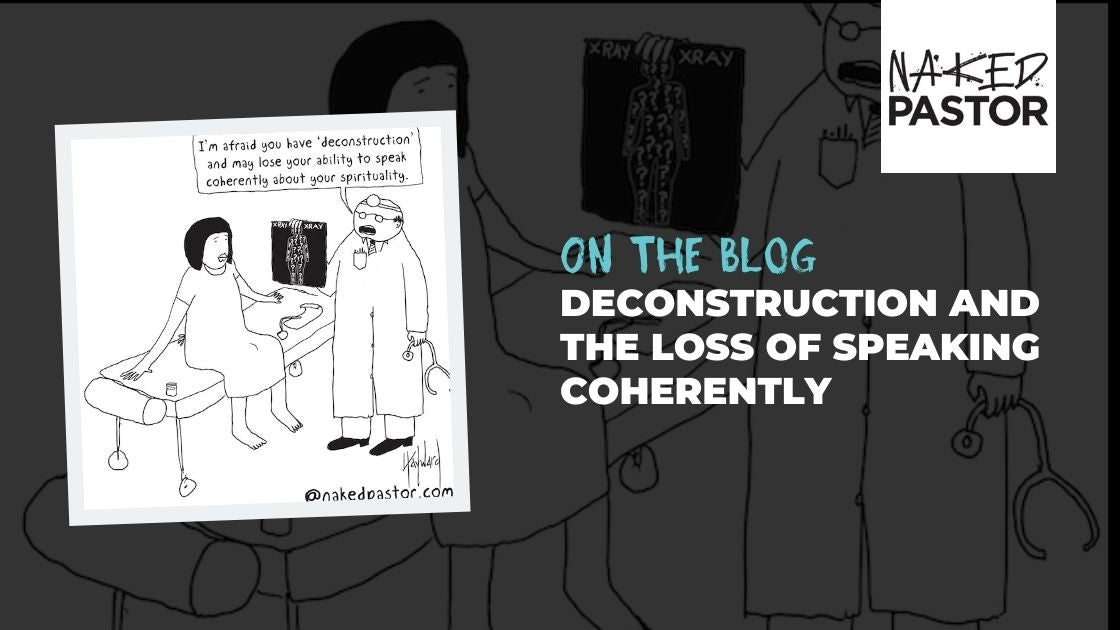My theological deconstruction lasted decades. It began in seminary and culminated in a profound moment in 2009 that changed everything. Though the peace of mind I found that day has remained, the struggle to articulate what happened continues.
The Epiphany That Changed Everything
One afternoon, as I closed my eyes to rest, a vivid image unfolded before me: a magnificent waterfall. I stood at its base, gazing up at its overwhelming beauty. The water cascaded with a thunderous roar, endless streams of life flowing down. The sheer power and serenity of it engulfed me. In that instant, I understood something fundamental—we are all one. Beneath all our differences, we share a single reality. Yet, each of us perceives this reality through unique lenses and expresses it with our own words.
This vision wasn’t just a moment of clarity; it was a complete paradigm shift. It dissolved years of theological and spiritual angst in an instant. The peace I’d longed for had arrived. But words failed to capture the depth and significance of what I experienced. They still do.
The Challenge of Finding Words
This cartoon captures the essence of the struggle perfectly. It feels like losing the ability to speak coherently about spirituality—an experience many of us endure during deconstruction. The words we once relied on fall short, leaving us grappling for new ways to articulate a transformed understanding.
The struggle to articulate my new reality has been one of the most difficult aspects of deconstruction. The language I once used to describe my spirituality no longer sufficed. It felt like trying to speak in a dialect that no longer resonated with my soul.
This is where many of us experience the greatest anxiety during deconstruction. Not only do we wrestle with understanding what’s happening to us, but we also lack the language to explain it to others. The words of our previous spiritual landscape fail to describe a completely new one. It’s not that the old words were wrong; they simply don’t work anymore.
The Tension in Relationships
The inability to articulate deconstruction can create tension in relationships, especially with those who remain within the frameworks we’ve left behind. If you're navigating deconstruction alongside changes in your relationships, you might find this post helpful: Can A Marriage Survive A Change In One Partner's Religious Beliefs?.
Before deconstruction, I could confidently answer such questions. Now, even the questions themselves feel insufficient. They carry the weight of the questioner’s expectations, often making any answer feel like a compromise of authenticity.
Embracing Mystery and Silence
I’ve come to understand that the loss of words is a normal part of the deconstruction process. Deconstruction is not just a change in beliefs; it’s the dismantling of an entire framework of thought and the gradual emergence of something new. This requires not only patience but also a willingness to sit with mystery
Advice for your deconstruction journey
If you’re navigating deconstruction, here are four truths to hold onto:
- Realize this is normal. The loss of certainty and language is a natural part of the process.
- Abandon the need to explain yourself. You don’t owe anyone an explanation.
- Get comfortable with mystery and silence. These are fertile grounds for growth.
- Know you will find words to articulate your new reality. Give it time.
A New Intelligence and Language
In time, I’ve discovered that deconstruction doesn’t leave you empty. It clears space for a new intelligence and language to emerge. This language may be less certain, but it is more honest, nuanced, and reflective of the complexity of reality.
Peace of mind will come. And so will the words. Until then, embrace the silence and trust the process.


